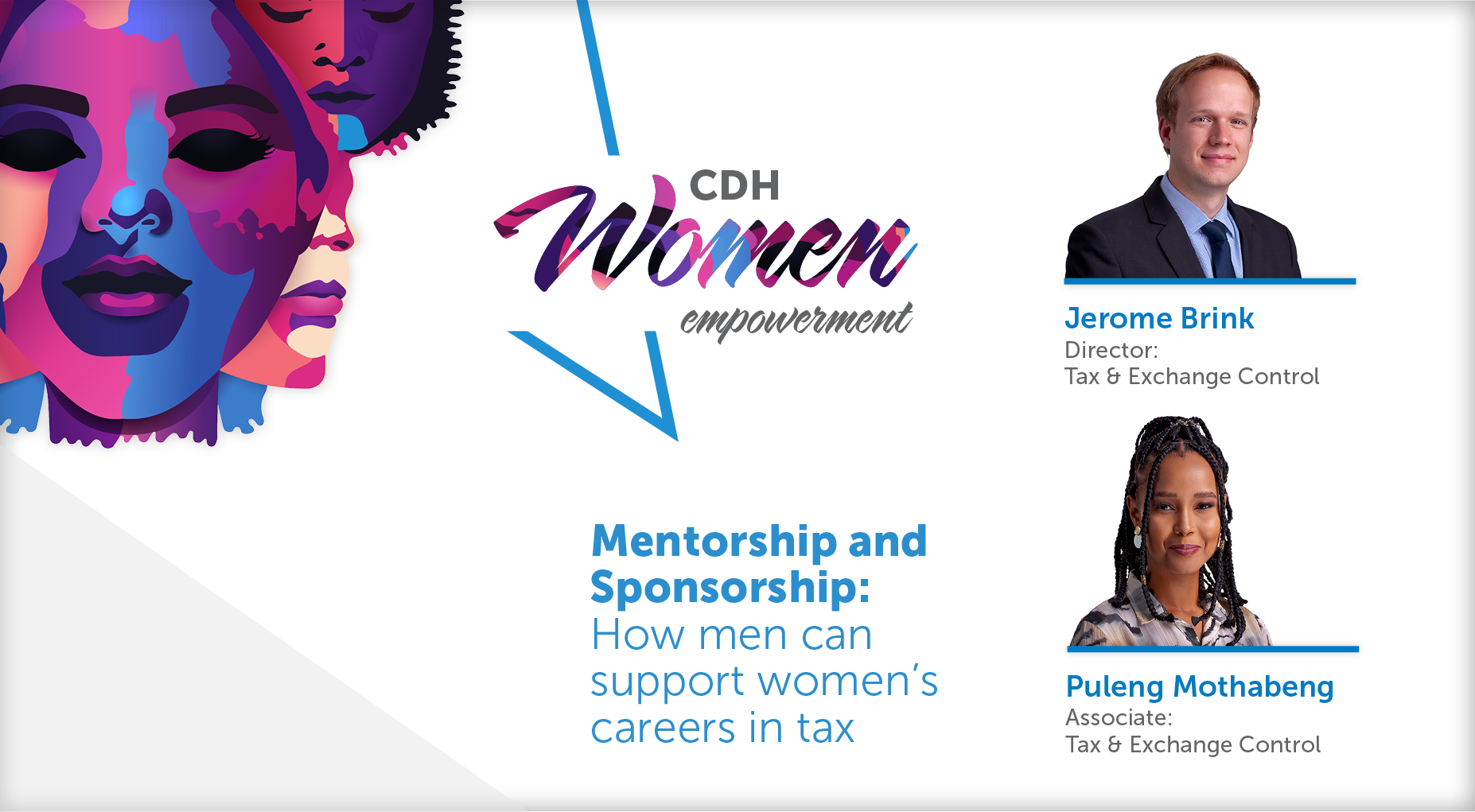Competition by numbers: Statistics from the Competition Commission’s 2015/2016 Annual Report
There was not a substantial growth in mergers notified in the 2015/2016 period. The Commission received 391 merger notifications (only slightly less than in the 2014/2015 period, in which 395 notifications were received), most of which were intermediate mergers. The Commission finalised 413 merger cases, 364 of which were unconditionally approved (up from 321 previous year). The Commission conditionally approved 37 mergers in the 2015/2016 period, compared to 43 in the 2014/2015 period, while the number of prohibited mergers in the 2015/2016 period increased from five to seven.
The Report sets out the Commission’s strategic goals, which place “balancing the efficiency objectives of the Competition Act” with public interest aspirations at the forefront of the Commission’s objectives. According to the Report, the Commission’s goal is, among other ambitions, to “contribute to a growing and inclusive economy” which it aims to achieve by “creating an enabling environment for small, medium and micro enterprises; promoting job creation and preventing job losses; preventing further market concentration; and supporting competition in industries that have the potential to drive economic growth in South Africa.”.
These objectives are evident from several of the statistics provided in the Report. For instance, 28 of the 37 conditionally approved mergers were subject to conditions aimed at addressing negative public interest concerns and of these 28 mergers, 25 were subject to employment-related conditions such as restrictions on post-merger retrenchments. Six of the conditionally approved mergers were subject to BEE related conditions such as, among others, the imposition of an obligation to maintain or increase BEE status or to continue with a particular BEE procurement policy. Other public interest conditions include the imposition of obligations to invest in small businesses, to assist historically disadvantaged retailers and to refrain from relocating manufacturing plants or facilities outside of South Africa.
The Commission’s enforcement activity in relation to prohibited practices also continues apace. The Commission conducted five dawn raids during the 2015/2016 period, an increase from four in the 2014/2015 period. These dawn raids were conducted at advertisement placement agencies; furniture removal companies; liquefied petroleum gas suppliers; automotive glass fitment and repair services firms; and suppliers of wood-based products. (Several more dawn raids were conducted by the Commission in 2016 after the end of its financial year, showing a sharp increase in the use of dawn raids as an enforcement tool).
The Commission received 160 complaints relating to abuse of dominance and restrictive vertical practices from the public (up from 144 in the 2014/2015 period) but initiated only four complaints during the period, suggesting that the Commission is relying more on complaints from the public than initiating its own. Of the 160 complaints 113 complaints resulted in non-referrals, 33 are being fully investigated and 9 were withdrawn by the complainants. Complaints received from the public relate to conduct in various sectors including the food/beverage/agriculture, retail, construction and building, transport/logistics, healthcare, telecoms and IT sectors.
The Commission initiated a staggering 133 cartel investigations in the 2015/2016 period, the bulk of which related to the automotive components sector (so we may see a string of consent orders in the automotive components sector over the next few years, just as we saw settlements in the construction sector over the last few). Thirty-eight investigations were completed, of which 22 were referred to the Tribunal for prosecution. Ten Corporate Leniency Policy applications were received, of which four were granted and six are still being considered.
The Report is indicative of the Commission’s growth in experience and capacity and can be used as a source for numerous other insights, including the Commission’s progress; the growth in the public’s participation in the competition process; and the Commission’s view on key cases and developments.
The information and material published on this website is provided for general purposes only and does not constitute legal advice. We make every effort to ensure that the content is updated regularly and to offer the most current and accurate information. Please consult one of our lawyers on any specific legal problem or matter. We accept no responsibility for any loss or damage, whether direct or consequential, which may arise from reliance on the information contained in these pages. Please refer to our full terms and conditions. Copyright © 2025 Cliffe Dekker Hofmeyr. All rights reserved. For permission to reproduce an article or publication, please contact us cliffedekkerhofmeyr@cdhlegal.com.
Subscribe
We support our clients’ strategic and operational needs by offering innovative, integrated and high quality thought leadership. To stay up to date on the latest legal developments that may potentially impact your business, subscribe to our alerts, seminar and webinar invitations.
Subscribe



